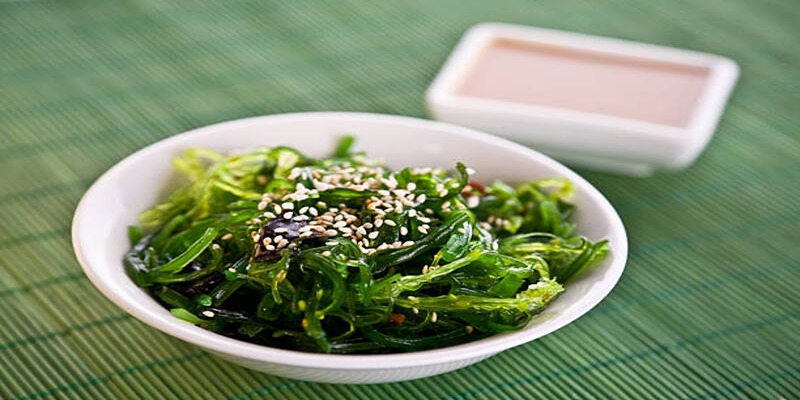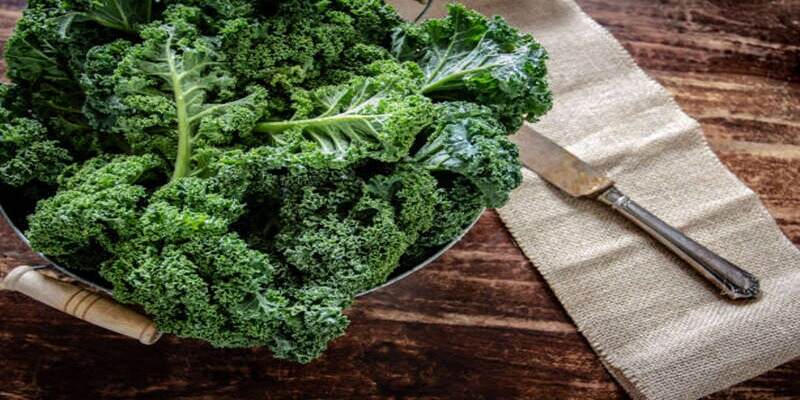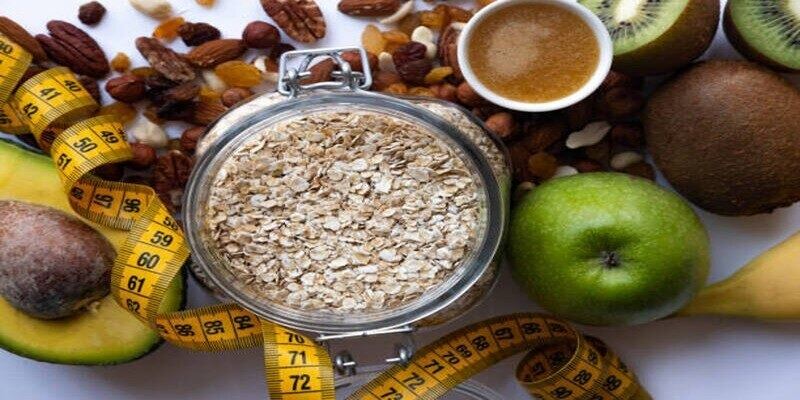Zinc is a critical thread in human health, affecting several physiological systems. It boosts the immune system to fight germs. The mineral controls immune cell development and function, defending against infections. Zinc aids cellular repair and regeneration in wound healing beyond immunity. Zinc silently supports the body's healing capabilities, from repairing scrapes and bruises to complex ailments.
In our second exploration, zinc shines in cognitive function. This mineral controls neurotransmitters, affecting brain messages. Zinc deficiency may cause cognitive deterioration, making it an intriguing topic for mental health advocates. We learn zinc can help us achieve optimal brain function as we explore its effects on cognitive well-being.
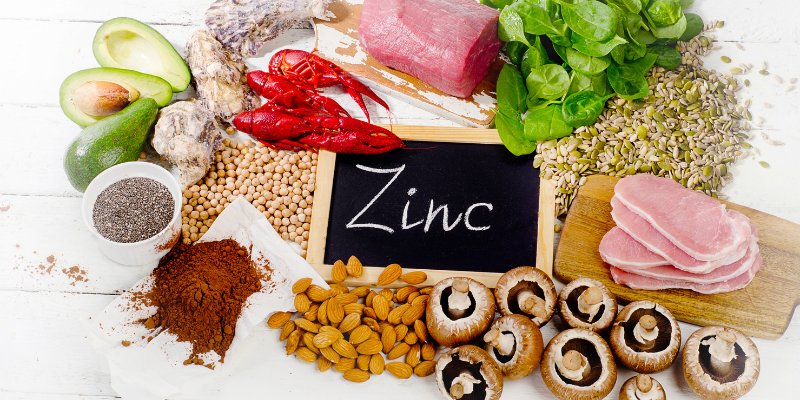
Zinc Benefits: Unveiling the Multifaceted Marvel
Immune System Support:
Zinc orchestrates the immune system's complex defenses to protect the body from unrelenting invaders. Zinc is essential to the formation and function of immune cells, from white blood cells to specialized forces that direct a response. According to research, zinc deficiency reduces immune function, making the body more prone to infections. This shows the importance of zinc in strengthening our biological ramparts and maintaining the delicate balance needed for a successful immune response.
Wound Healing:
Zinc masterfully guides the cellular ballet needed for wound healing in tissue repair and regeneration. The mineral affects blood coagulation, inflammation, and collagen formation. Zinc accelerates cell division and tissue repair after wounds. Zinc's complicated dance helps heal cuts, bruises, and more profound damage. The mineral's capacity to speed wound closure shows its usefulness in maintaining structural integrity and recovering from physical damage.
Cognitive Function:
Zinc affects neurotransmission in cognition. Zinc regulates neurotransmitters, affecting cognitive function subtly but significantly. Zinc deficiency may cause cognitive impairment, making it a fascinating topic for mind-benders. Zinc helps build brain connections for memory and information processing, suggesting it may boost cognition. This aspect reveals zinc's symbiotic interaction with brain function and how it maintains mental clarity throughout life.
Zinc Dosage: Navigating the Path to Optimal Health
Recommended Daily Intake:
Determine the daily dosage to maximize zinc benefits and avoid deficiency or excess. The recommended intake depends on age, sex, and life stage. However, pregnancy and lactation may require adaptations to satisfy physiological demands.
Zinc cannot be stored in the body. Thus, regular consumption from diet or supplementation is crucial. Meat, dairy, nuts, and legumes are familiar sources. Zinc overdose can decrease copper absorption. Therefore, moderation is essential.
Considerations for Different Age Groups:
- Age-related zinc dose considerations emerge as we examine it. Zinc is essential for infant growth and development. Breast milk or well-formulated newborn formulae are their primary sources.
- Fast-growing kids and teens need more zinc. The RDA for zinc in this age group is 2 mg to 9 mg, increasing as they enter puberty.
- Due to their metabolic needs, adults should consume 8–11 mg, depending on gender. Adjustments are needed for pregnant and breastfeeding women to support fetal growth and breastfeeding.
- Understanding each age group's needs shows zinc's complex involvement in lifelong health. Tailoring zinc consumption to distinct life stages is crucial to optimal health, whether early development, growth, or adult well-being.
Zinc-Rich Foods: A Culinary Expedition for Nutritional Bounty
Meat and Seafood:
Enjoy zinc-rich meat and seafood on a culinary adventure. meats like lamb and beef are rich in zinc, offering a healthy amount with each bite. Seafood is another zinc-rich maritime delight, especially oysters, crab, and lobster. These protein-packed alternatives satisfy taste buds and meet daily zinc needs, making them a tasty way to strengthen diets.
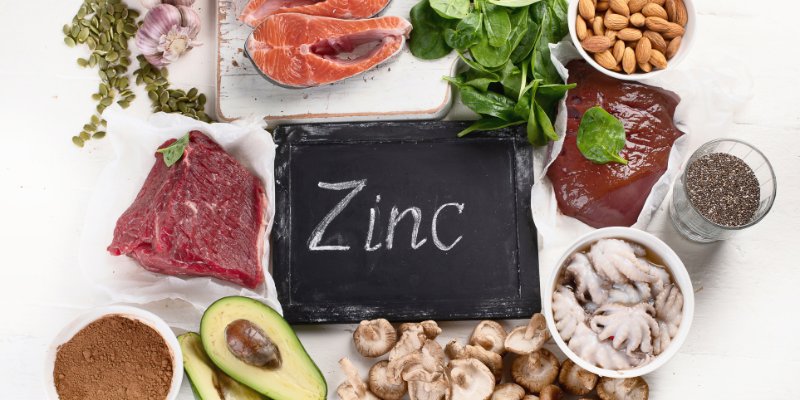
Nuts and Seeds:
Zinc-rich nutrition extends to nuts and seeds, where flavor and nutrients blend. Almonds, cashews, and pumpkin seeds are strong candidates with zinc and crunch. These portable, adaptable snacks can be added to salads, yogurts or eaten alone, making zinc diversification easy. The ballet of textures and flavors makes nuts and seeds culinary companions for a zinc-rich diet.
Dairy Products:
Dairy products provide calcium and zinc. Hard cheeses like cheddar and Swiss add savory to zinc-rich foods. Many diets include milk and yogurt, which are creamy and zinc-rich. These dairy treats add flavor and zinc to daily meals, showing that dairy-centric diets have many possibilities.
Zinc-rich meat, seafood, nuts, seeds, and dairy products star in this culinary adventure. These food categories show how zinc may be used in savory dishes and delectable snacks, illustrating that optimal nutrition can be both tasty and nutritious.
Potential Side Effects: Navigating the Complex Landscape of Zinc Supplementation
Digestive Issues:
Zinc supplementation may have health benefits, but be aware. Zinc supplementation may have digestive adverse effects, but it may have health advantages. Excess zinc from supplements or food might cause stomach issues. Nausea, vomiting, and diarrhea are common. Due to their dose dependence, these effects emphasize the significance of following dosage guidelines to avoid gastrointestinal issues.
Zinc supplementation with meals may reduce stomach difficulties. This strategy improves zinc absorption and reduces digestive system stress, making it ideal for those who want zinc's advantages without sacrificing comfort.
Interactions with Medications:
Zinc and certain drugs interact in complex ways that require cautious attention. Zinc may impact medicine absorption or efficacy. Zinc supplementation may interfere with drug absorption, so antibiotic patients should consult a doctor before taking zinc. Zinc also affects copper and iron absorption. Prolonged, unmonitored supplementing may upset the delicate balance of these critical minerals, emphasizing the need for medical assistance, especially for people with pre-existing medical disorders or zinc-affected drugs.
Understanding health profiles is essential for navigating zinc supplement-drug interactions. Personalized advice from healthcare professionals maximizes zinc supplementation benefits while minimizing drug interaction hazards. Knowing potential side effects helps people find a balanced zinc supplementation strategy that maximizes benefits and protects health. By combining knowledge and prudence, people may confidently traverse this complicated landscape and use zinc supplementation for maximum health.
Conclusion:
Zinc has many benefits, considerations, and warnings in holistic health. As we review, zinc supports the immune system, promotes wound healing, and affects cognitive function. Zinc-rich foods range from the savory flavors of meat and fish to the nutritional richness of nuts, seeds, and dairy products, inviting us to discover optimal nutrition through eating.
Zinc conducts the body's wellness symphony. Let informed decisions and competent counsel guide us through the many landscapes of food choices and supplements, establishing a holistic approach to health where zinc supports a flourishing, balanced well-being.

